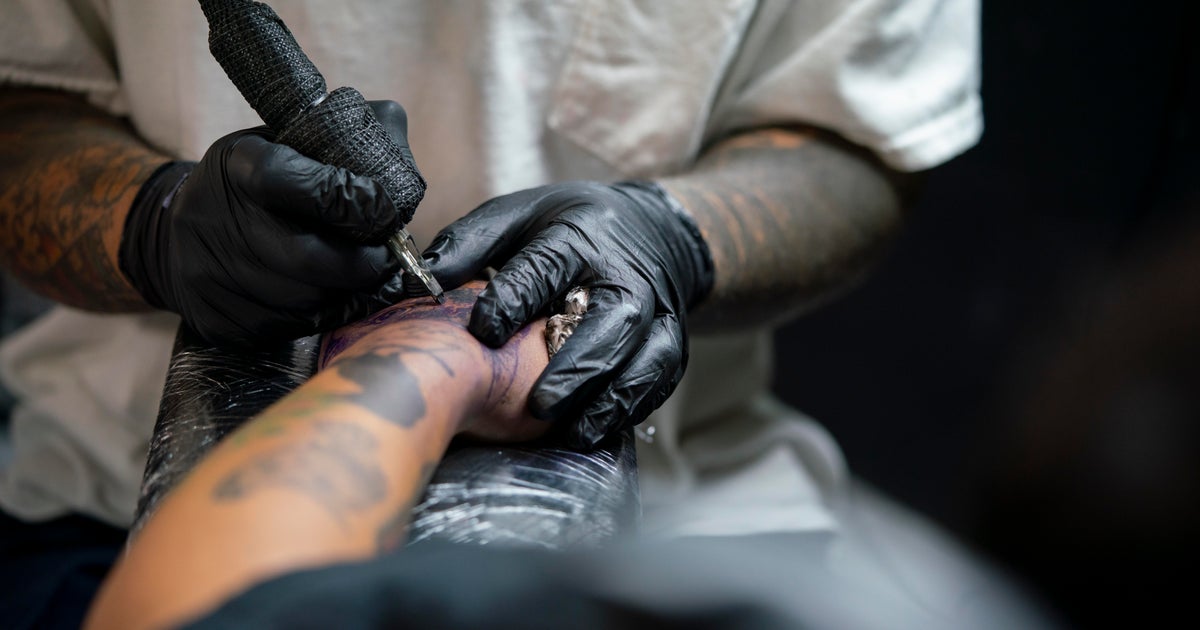
Title: Contaminated Tattoo Inks: A Hidden Danger
Lead: A recent study has revealed that around 35% of tattoo or permanent makeup inks sold in the US are contaminated with bacteria, regardless of sterility claims. This alarming finding highlights the importance of monitoring these products to ensure microbial safety and prevent potential health risks.
Paragraph 1: The study, published in Applied and Environmental Microbiology, tested 75 tattoo inks from 14 manufacturers for the presence of aerobic and anaerobic bacteria. The researchers found that both types of bacteria can contaminate the inks, with sealed and unopened tattoo inks harboring anaerobic bacteria, which thrive in low-oxygen environments like the dermal layer of the skin.
Paragraph 2: The FDA considers tattoo and permanent makeup inks to be cosmetics, but they do not require premarket approval. The pigments used in these inks are subject to FDA approval as color additives, but historically, the agency has not regulated them extensively. State and local jurisdictions oversee tattooing practices.
Paragraph 3: The study's findings emphasize the importance of monitoring tattoo and permanent makeup inks for bacterial contamination. Contaminated inks can lead to various health issues, including rashes, lesions, inflammatory reactions, allergic hypersensitivity, toxic responses, and even permanent scarring. The FDA has issued safety alerts and guidance to help manufacturers and distributors recognize potential contamination from bacteria or microorganisms.
Paragraph 4: The researchers plan to develop more efficient methods for detecting microbial contamination in tattoo inks. They also encourage consumers to be aware of the potential risks associated with these products and consult their healthcare providers if they experience any adverse reactions after getting a tattoo or using permanent makeup.
Sources:
- Applied and Environmental Microbiology (2024). Seong-Jae Kim, et al. Anaerobic Bacteria in Commercial Tattoo Inks: A First Report.
- US Food and Drug Administration






